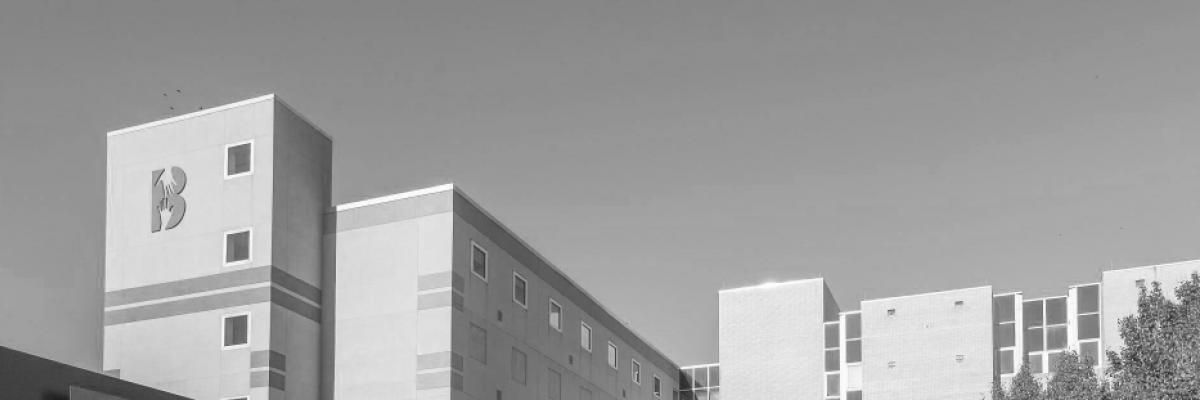FIRST-YEAR NURSING: FALL SEMESTER
Nursing 101 Foundations of Nursing
Foundations of Nursing provides knowledge essential to the fundamental nursing care of medical-surgical patients of all cultural backgrounds, which utilizes previously learned content from related courses. Discussion of the trends influencing nursing practice, ethics of patient care, and legal considerations in healthcare are introduced. Emphasis is placed on the nursing process as the foundation of nursing practice. Communication principles, physical and mental health, and diagnostic assessments are introduced and developed throughout the course. The student identifies learning needs of individuals and families and initiates appropriate health teaching. Measures to promote comfort, rest, and sleep, along with infection prevention principles, are introduced and incorporated into clinical experiences. Pharmacological principles that provide information necessary for safe administration of medications are studied. The care of the patient through all phases of the perioperative experience is presented. The patient experiencing disturbances of the immunological, respiratory, and musculoskeletal systems, along with related evidence-based nursing care and therapeutic measures, is addressed.
Theory and skills are reinforced through concurrent clinical laboratory experiences in the simulation laboratory and a variety of healthcare settings. Learning takes place by direct involvement and active participation in the application of nursing care to assigned patients.
FIRST-YEAR NURSING: SPRING SEMESTER
Nursing 102 Nursing Care of Adults
Nursing Care of Adults is the comprehensive approach to evidence-based care of the adult patient of all cultural backgrounds who experience disturbances of the cardiovascular, endocrine, urinary, reproducive, gastrointestinal, neurosensory, and integumentary systems. Utilizing the nursing process as a framework, the pharmacological, dietary, social, economic, and psychological needs of the patient and family are integrated throughout the course. Physical assessment, medical-surgical clinical skills, and critical thinking are enhanced. Clinical opportunities progress from structured classroom laboratories into acute care and community assignments. Teaching/learning needs are identified and emphasis is placed on patient and family education to enhance wellness.
SENIOR YEAR NURSING: FALL SEMESTER
Nursing 201 Nursing Care of Special Populations
Nursing Care of Special Populations is a comprehensive approach to providing physical, psychological, social, cultural, and spiritual care to individuals, families, and groups throughout their life span. The childbearing and child-rearing component focuses on the application of the nursing process and utilization of critical-thinking skills to deliver care to women, children, and their families. The psychosocial adjustments of the aging component focuses on maintaining the health of the older population and utilizing the nursing process to deliver care when they experience alterations in health. The mental health component focuses on promoting an understanding of mental health concepts as they apply to all levels of the health/illness continuum. Application of knowledge of psychodynamics, treatment modalities, and therapeutic interventions are utilized to foster optimal wellness in individuals, families, and groups experiencing alterations in mental health. Principles of growth and development, pharmacology, nutrition, rehabilitation, therapeutic communication, group process, and interviewing skills are integrated throughout the course. A variety of clinical experiences in acute care and community settings allows the student to utilize the nursing process, critical-thinking skills, and evidence-based practice to care for individuals with special needs.
SENIOR YEAR NURSING: SPRING SEMESTER
Nursing 202 Advanced Concepts of Nursing
Advanced Concepts of Nursing is a study of the problems encountered by persons of all cultural backgrounds affected by medical and/or surgical conditions in acute care, critical care, and emergency settings. Delgation, prioritization, time management, critical thinking, and safe medication administration will be emphasized. The course facilitates the individual’s role transition from student to registered nurse. Concepts, theories, and application of leadership and management modalities are incorporated. Current trends in health care delivery, legislation, ethics, and employment are discussed. Emphasis is placed on utilization of the nursing process in situations in which critical thinking, decision making, rapid assessment, and interventions are crucial. Career selection, career mobility, and the nurse’s responsibility for continued professional growth are discussed. Teaching/learning needs are identified and emphasis is placed on the patient, family, and communityeducation to enhance wellness.
